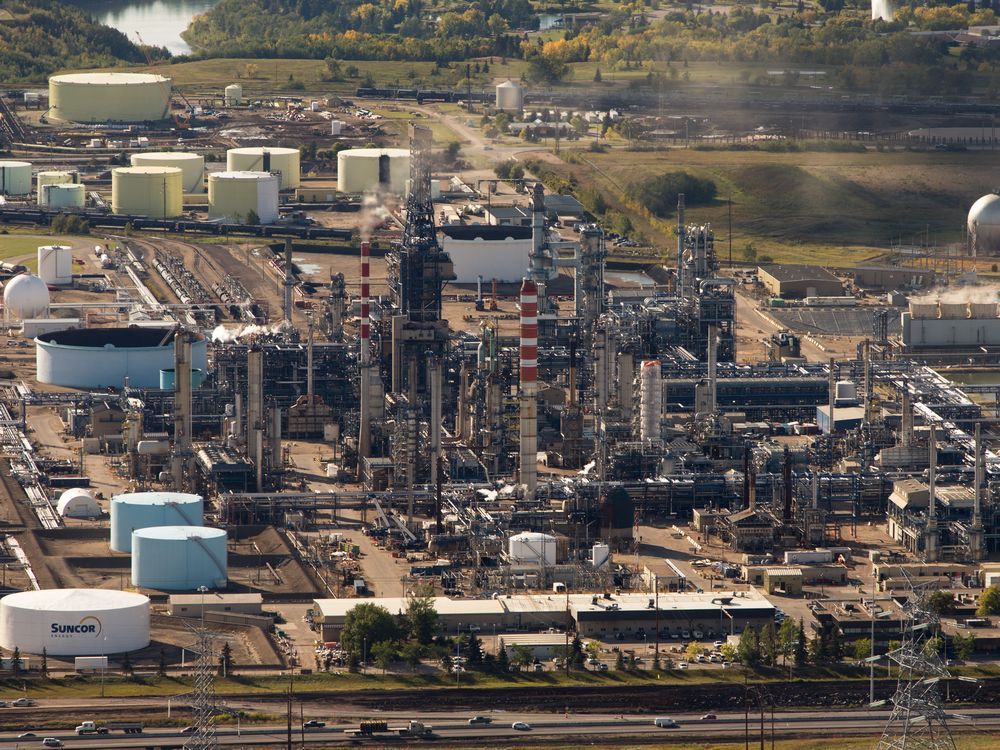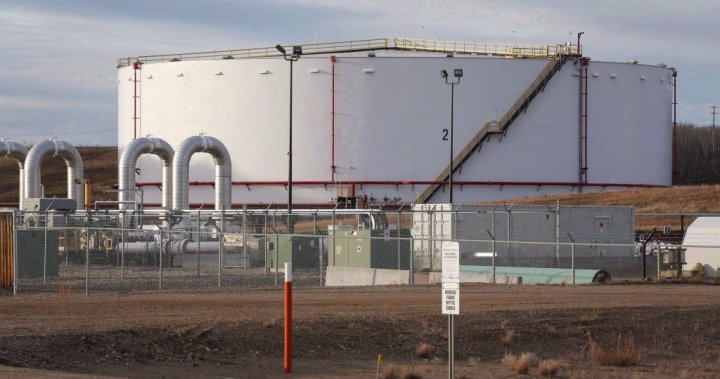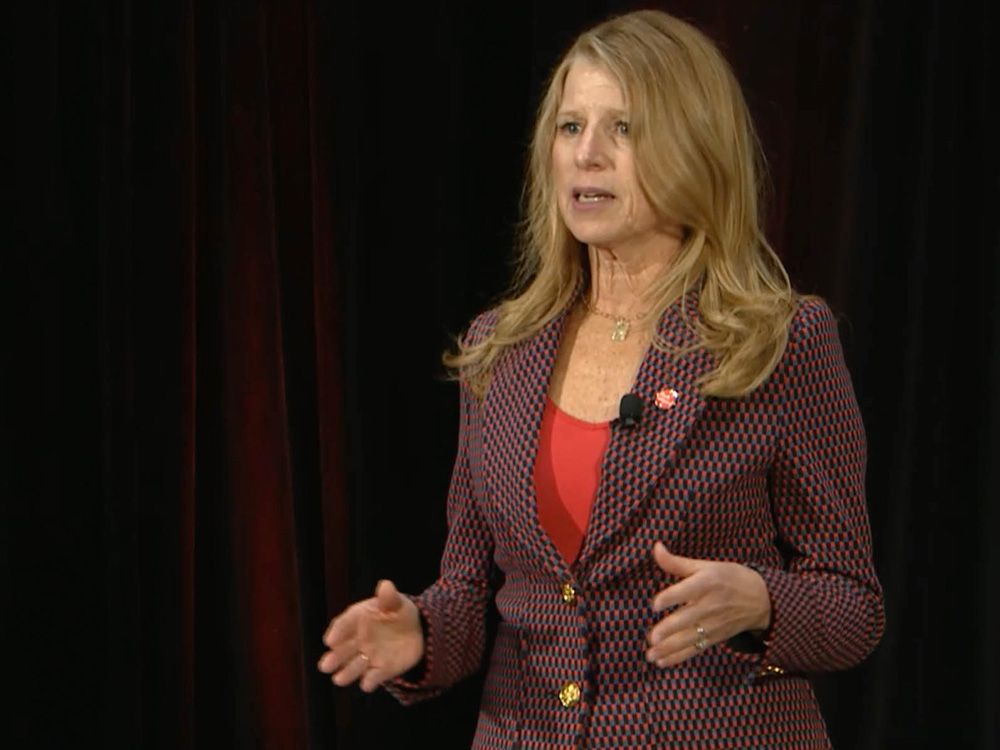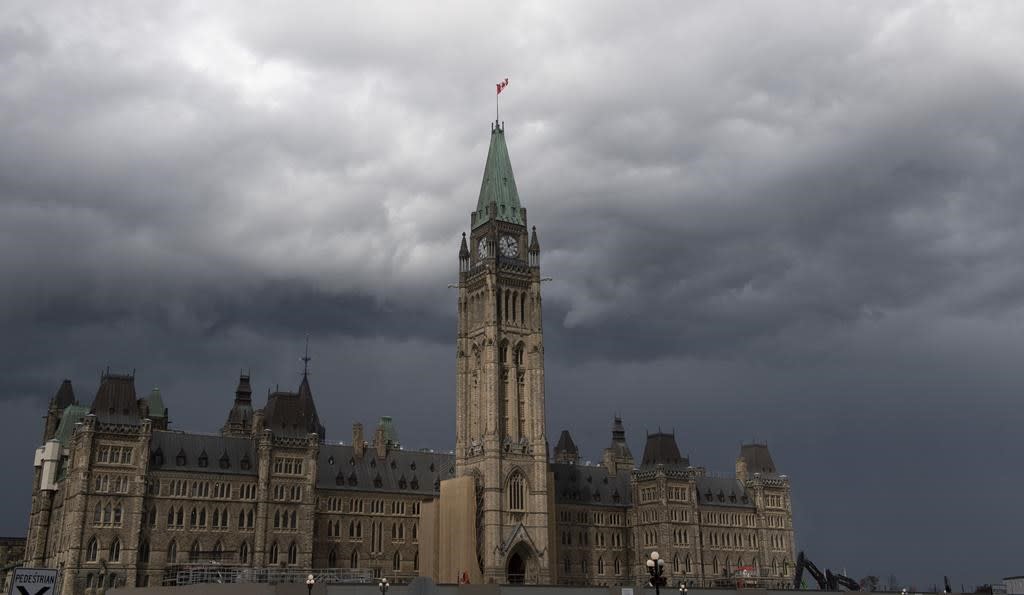CBBarnett
Senior Member
I'm generally sympathetic to people's indignation over equalization payments. My concern is that the response by the more bellicose proponents of the industry is largely futile. Even worse, it's a distraction and enables the government and in some cases, the industry itself, to not take ownership for Alberta's roll in its financial and economic situation. That's not to say don't try and hold Trudeau's feet to the fire for some support, more that that can't be your primary solution
I agree with this and want to explore it in detail. It's a long one so buckle in and let me take you on a word journey.
I'll start by saying I love successful industries that make people prosperous, but I hate bad public policy and governance even more. I think in Alberta spends way too much time thinking about the first part, way not enough time on the second part and why it totally matters.
Alberta's government answer to a boom-bust economy driven by over-reliance on a single sector has to be more than 40 - 50 years of "Trudeau is screwing us" and "Ottawa doesn't get it" rhetoric to whip the votes and do nothing about stabilizing our own situation with the powers that the Province fully has itself. Of course there is always a role to play federally that helps and hinders Alberta's prosperity, in the energy sector or others, but it's faaaaaaar overstated (about 1,000 to 1 if you read only the Herald for the past 25 years) that Ottawa's actions good or bad is the only issue.
Do you know what all other provinces do to be less reliant on Ottawa? Do the hard work to diversify their economies (painfully over decades, like Ontario and Quebec) and raise their own taxes through a variety of measures (yes PST and higher taxes on the rich) so they aren't victim to swings of their own revenues and don't rely on the flexibility (or lack thereof) of the Federal stabilization programs to bail them out. All this has been said countless times and has been known as a reasonable, largely non-partisan economic strategy for a province. Indeed every other province - whether it's a right-leaning or left-leaning government has this approach of diversification and effective taxation. So what makes us special that we don't ever make progress on these reforms?
At last can start seeing the true enemy that is holding Alberta back: it's not Ottawa, it's us. Or more specifically it's our captured political, economic and media system that enriches a specific political party and it's allies, elevates a single industry over all others and rejects good governance and stability in favour of accumulating ever increasing concentration of power, discourse and influence to a single group. Capture of nearly all economic policy and political influence by a single industry and it's supporters is far more threatening to the Province's future stability and prosperity than anything that Ottawa could ever do.
For decades, Albertan Provincial politicians spent so much effort rallying against big, bad Ottawa happy to regurgitate a single industry's talking points, churning out article-after-article and speech-after-speech to point fingers at anything other then themselves. Sometimes its Ottawa, sometimes its unions, sometimes it's cities - whoever is convenient to not point at the broken system that helps keep them in power.
Rather than do anything useful with the populist support decades of such consistent messaging provides (e.g. use your political capital to add PST to create a more financially stable Provincial government, for example), our Conservative political class spent their capital advancing unpopular ideological agendas, padding every board and panel in the Province at all levels with cronies who think identically, and building themselves jobs post-politics (top choices are usually some sort of provincial appointee to a made-up position, industry consultant, lobbyist, blue-ribbon panelist, or the Alberta classic of the endless Federal-Province-Municipal conservative swap). I mean who could blame them? We vote for them whether they do a good job, bad job or no job. Lots of Albertans also got rich along the way so who cares?
Meanwhile rational economic and taxation policies are ignored, provincial finances are (repeatedly) decimated and the cycle continues. Queue another article slamming how unfair Alberta has it - same as the article from 2014, 2004, 1994 etc. The only government - and I mean literally the only one as 49 of the other 53 years were the group - that made a (tiny) attempt to break this self-destructive cycle of petro-state cronyism was the NDP.
The NDP had good ideas and bad ideas, but their success/failure was more a function of an inability to co-opt/overcome the political, social and economic system that has been as distorted and slanted against approaching government even slightly differently than what decades of calcification and entrenchment would accept. Even basic and boring good governance reforms the NDP pushed (more transparent elections, better financial oversight to politicians, division of powers agreements with cities) have been slashed and removed by the UCP because our captured system rejects such democratic tools to ensure government is working properly.
What to do about this all this? Well hopefully the polls are true and the province has matured into a healthier democracy with two functioning political parties to at least get the ball rolling at reform and more inspired debate. Alberta is more politically and economically diverse than ever, cracks in a broken system can only be hidden for so long. Talking points, even good ones, get stale if they haven't changed in a few decades.
More practically, I would be perfectly happy matching the policies of BC across the board for 20 years: cut to the public service in line with BC wages while raising our taxation policies to make the whole system more stable - PST + increase progressive taxation on higher incomes. Essentially cede our provincial powers to the one next door until we retire out a few decades of patronage appointees at all levels of society.
I trust a copy-and-paste from another province's policy and tax code more than I trust another decade of "made in Alberta" grandstanding while doing nothing apart from enriching the connected and gaslighting the rest. Most our provincial politicians grew up in this system of patronage and cronyism (or moved here from Ontario to take advantage of it) so I'm not optimistic the needed reforms can be done from within.
Last edited:









